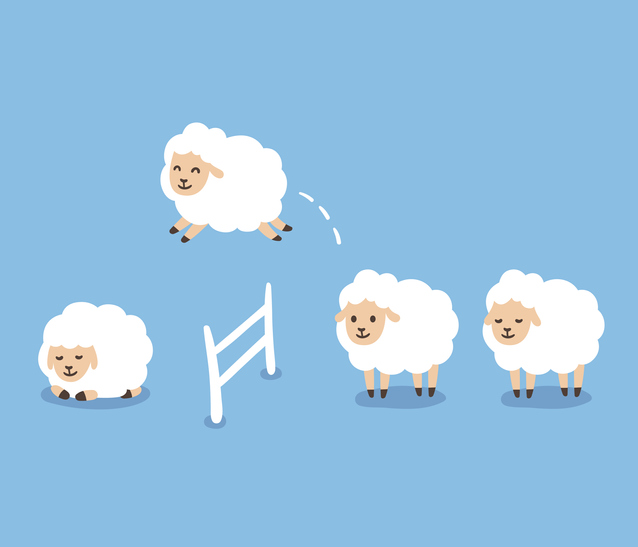I am not expert in what I write about, but I read a lot and they are always topics that are of interest to me either professionally or personally. To coincide with the Konnexus Health in Data Podcast series I have been looking at some key aspects of the topic of health in more general terms – not from the perspective of data, but a closer look at ourselves in respect to our general wellbeing and how this affects our health. While this is not directly related to recruitment – let’s face it, the better we feel about ourselves and the healthier we feel – the more we will enjoy our work, hit our goals and work better with our colleagues – I have chosen to write about a few topics, mainly as they have been focal points for my own life – but they all intertwine – Sleep, Anxiety, and Mindfulness.
The Search for a Good Night’s Sleep
From what I have read, and from my own experience, sleep is at the core of our ability to function in our daily lives. It is something that I have struggled with my entire life (not just when my daughter was a baby) and I have tried so many things in the hope of a more consistent, and full night’s sleep.
According to the Sleep Health Foundation sleep is the ‘core pillar of health’ and is undervalued and misunderstood by many. Every year The Sleep Health Foundation has World Sleep Day to highlight the importance of sleep (sleephealthfoundation.org.au)and its significance and importance in our lives.
If you ask Australia Sleep (australiasleep.com.au) they will tell you that sleep is ‘essential to good health… and is one of the most important things, you can do for your health and well-being’.
A ‘mental health superpower’ is how Headspace describes sleep – a phrase I love!
But why is sleep so important?
To understand sleep is to look at it from a number of different perspectives, and as I am no sleep doctor, my research and understanding is at a basic level. However, what I do know is that a lack of sleep can affect us medically (physically) as well as our overall mental wellbeing.
Here is where it gets complicated – the serious physical harm that a lack of prolonged sleep can have on the body can be endless and severe. Healthline, (healthline.com) is a great resource in explaining the affects, which can range from memory issues, mood changes, weight gain, risk of heart disease, lack of concentration, poor balance and high blood pressure.
The Better Health Channel (www.betterhealth.vic.gov.au) is also a great source of information and includes effects of lack of sleep to increased likelihood of mental ‘stalling’ or fixating on one thoughts, loss of motivation, forgetfulness, reduced work efficiency, moodiness and bad temper and a reduced awareness of the environment and situation.
You only need to read some of these affects to immediately gain an understanding of how these can affect one’s health and overall wellbeing. In my endless pursuit to find a ‘better night’s sleep’ I have discovered that the correlation between sleep and mental health seems to be widely researched and discussed.
The Harvard Health Publishing (www.health.harvard.edu) points out very clearly that sleep and mental health are connected closely. The lack of sleep can affect your psychological state and mental health and many who do suffer mental health problems are more likely to have insomnia or other sleeping disorders.
Sleep can affect mental health in ways such as mood changes which can leave us feeling irritable and depressed as well making it much more difficult to cope with minor stress. More severe effects of lack of sleep can include psychotic symptoms. ADHD and eating disorders are also associated with sleep problems (verywellmind.com)
So how much sleep do we need?
The Australian Institute of Health and Welfare (aihw.gov.au) provides a great summary and suggest that as people get older, they tend to need less sleep to support their health (Sleep Health Foundation 2015). Interestingly there is no formal guidelines on sleep for adults in Australia’s Physical Activity and Sedentary Behaviour Guidelines (Department of Health 2017, 2019a) but based on international guidelines (Hirshkowitz et al. 2015), Australia’s Sleep Health Foundation (2015) recommends the following for adults:
- 7–9 hours for 18–64-year-olds
- 7–8 hours for people aged 65 and over
- Children and young people According to the 24-Hour Movement Guidelines (Department of Health 2017, 2019a), children and young people need 8 to 17 hours of sleep a day
So, what do we need to start doing to help us with our Sleep?
I have tried countless remedies and read countless studies and reports, and while there are varying opinions, and let’s face it we are all unique for what will work for us, there does appear to be some universal opinions on what contributes to a better sleep.
- First and foremost, you need to understand the importance of sleep on your body and mind and prioritize it!
- Turn off all technology devices 1 hour before you go to bed
- Be consistent and get up at the same time every morning and don’t press that snooze button – it is counterproductive
- Drink as a minimum 4 glasses of water through the day and ensure you do at least 30 minutes of exercise every day to stimulate the brain
- Try meditation as a way of getting you to replace and fall asleep
While like many things in our lives, we can sometimes get so consumed with the day to day, the focus on the ‘business’ of it all that we fall into patterns, that affect us, yet we don’t do anything about it. This is my experience anyway!
Many things are considered a priority in our lives, but what we can control and what can help us make our lives better and clearer, should be a priority. I have worked really hard on myself (still a long way to go) but getting some form of consistent sleep has been so important for me as I understand how it affects my moods, general health, my focus at work, my ability to be present with my daughter and just that ‘spark’ for life. While I am not there yet, I definitely experience more good nights of sleep now that I ever had focusing on most of the points I just highlighted.
Sleep well.
Tracee Rowe






